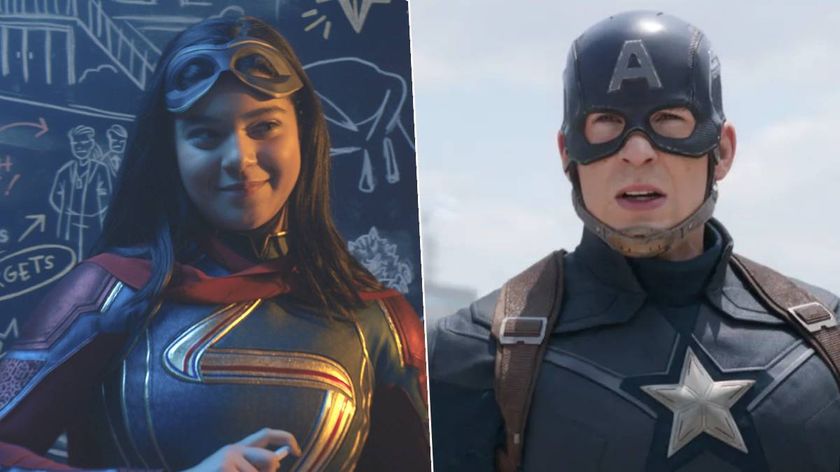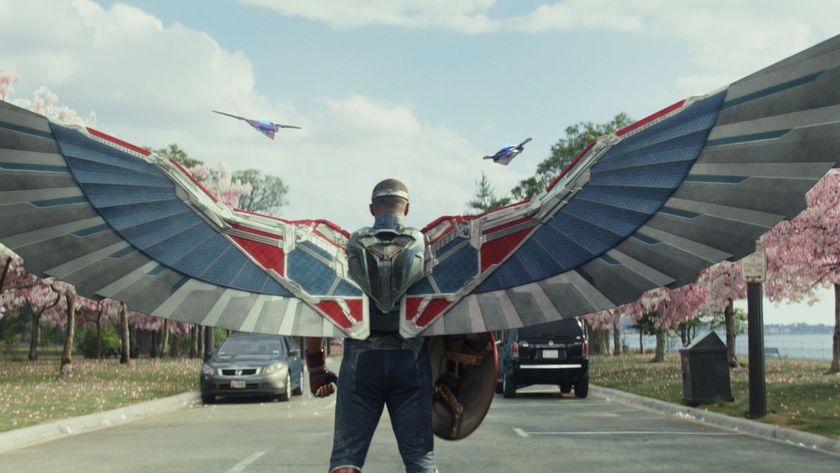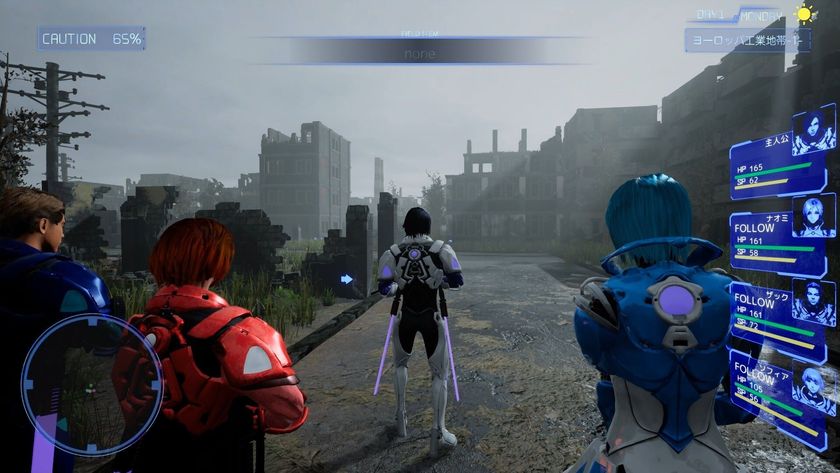How New Mutants ties into the X-Men movies, including Logan, Apocalypse, and Deadpool 2
Warning: this article contains major spoilers for New Mutants and the X-Men movies
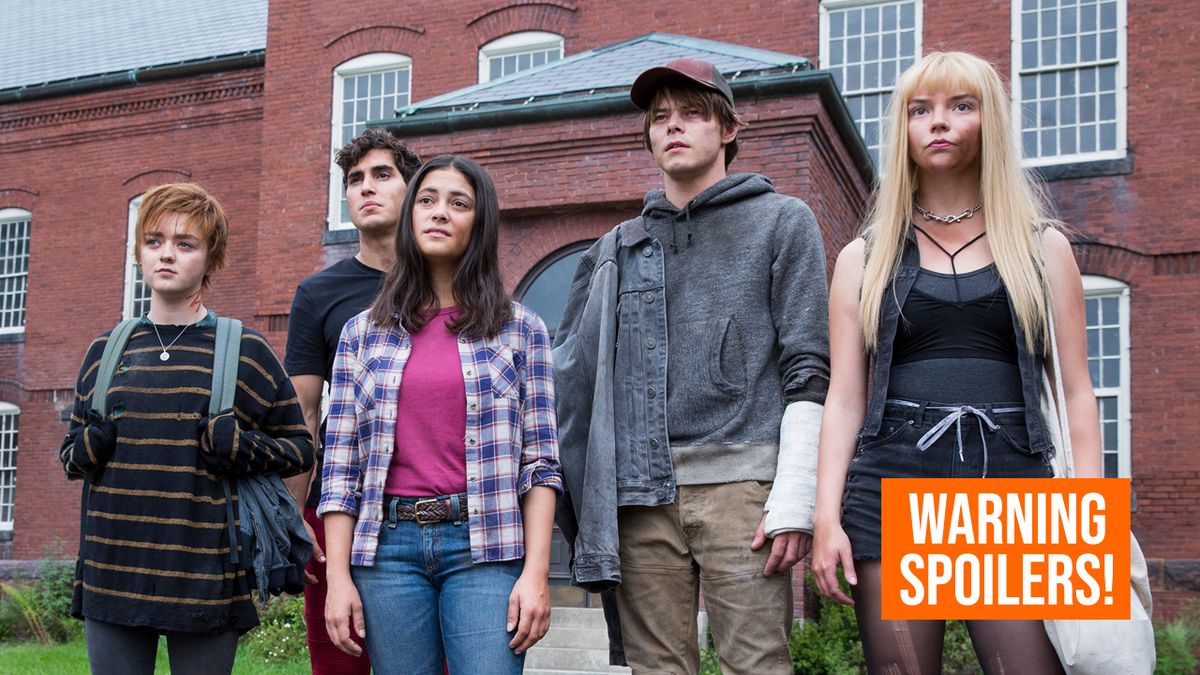
The New Mutants, the last superhero instalment from the studio formerly known as Fox, has finally been released into cinemas after a tumultuous journey. The X-Men spin-off, from The Fault in Our Stars director Josh Boone, was meant to mark the beginning of a darker exploration into the same mutant universe that had been established 20 years earlier. Now, after years of setbacks, Disney’s acquisition of and creative changes at Fox, plus some less than stellar reviews, it doesn’t look like The New Mutants will be given the chance to complete the original trilogy vision Boone and the producers at Fox had for it.
It’s a shame considering how well the movie connects itself with the X-Men movies without the superhero team casting an overarching shadow over these new characters or the plot. In fact, The New Mutants manages to retain its own identity by keeping the X-Men in the abstract to instead ask the question: what if it’s not Professor X turning up at your door to invite you to attend his school for gifted youngsters?
The answer is much scarier. Spoilers ahead.
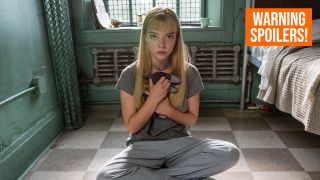
The Milbury Hospital is playing host to five new mutants when Dani Moonstar (Blu Hunt) arrives on the scene. It’s not a converted mansion like Xavier’s Institute and, in real life, the building was originally known as the Medfield Insane Asylum which was the first in Massachusetts to treat chronic mental patients. The movie’s facility is run by Dr Reyes (Alice Braga), a mutant herself, who doesn’t refer to her wards as students but as patients who need treatment in order to control their burgeoning mutant powers.
The X-Men series has often dealt with the trauma associated with the first manifestations of mutant abilities. In X-Men, Rogue runs away after appearing to suck the life out of her boyfriend when they kiss for the first time. In X-Men: First Class, we see a young Erik destroy the fences around him after being separated from his mother by the Nazis. Most recently, in Dark Phoenix, we see how the decision to repress Jean Grey’s childhood trauma inevitably leads to violent consequences.
The New Mutants goes deeper with this exploration through Reyes’ patients – Illyana Rasputin (Anya Taylor Joy), Rahne Sinclair (Maisie Williams), Sam Guthrie (Charlie Heaton), Roberto da Costa (Henry Zaga) and Dani – who are all dealing with some form of post-traumatic stress disorder because of the reason for, or consequences of, their powers manifesting.
The young mutants are told that they have been sequestered away so that they can get control of their abilities before being moved to a new facility by Reyes’ “superior.” While the doctor never reveals the name of her boss – and corresponds with him like she’s Ash from Alien communicating with The Company – the residents believe that it has something to do with the X-Men. In one scene, the five mutants are discussing who the mysterious persons in command could be and the superhero team’s name is mentioned. None of them is too excited by the prospect of donning costumes to save the day. Sam even asks if the X-Men get paid, but the assumption remains that the facility is being financed and overseen by Professor X without his name even mentioned.
Sign up for the Total Film Newsletter
Bringing all the latest movie news, features, and reviews to your inbox
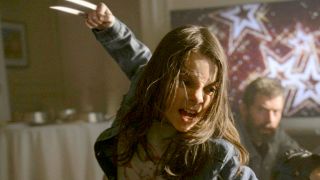
As the plot thickens, however, Dani realises that Reyes is not who she seems and during one examination is able to see flashes of the doctor’s memories. These images of mutant children being forced to use their powers in a hospital look eerily similar to the mutant children that were bred in the hospital Laura (Dafne Keen) escapes from in the 2017 movie Logan. In fact, some of the footage here is taken from Logan, from the scene Professor X and Wolverine watch secretly recorded footage taken by Laura's nurse.
Laura, AKA X23, was genetically-made from Wolverine’s DNA, but where did Alkali-Transigen – the scientific group responsible for causing the near extinction of mutants in that movie’s future – get Wolvie's genetic data from? That answer creates not just a link between The New Mutants and Logan, but X-Men: Apocalypse and Deadpool 2, too.
According to Simon Kinberg, the post-credits scene of 2016's Apocalypse was meant to be a direct link to 2017’s Logan. It shows a crew of suited men cleaning up after Wolverine’s rampage, with one person taking his DNA (a vial of blood labelled “Weapon X”) and putting it into his briefcase full of other samples. The last thing we see is a name on the briefcase reading “Essex Corps” as it was originally intended that the company’s founder Nathaniel Essex, AKA Mr. Sinister, would be the main antagonist of James Mangold’s second Wolverine solo film, which was released the same year that The New Mutants was shot.
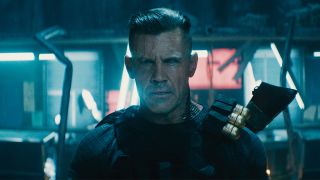
In the comics, Mister Sinister was ostracised by the science community for his inhuman experimentations into the mutant genome but was later given superhuman powers by Apocalypse. His powers gave him the ability to incorporate mutant DNA into his own genes and thus inherit their abilities. The villain also created Cable, the son of Scott's son with a clone of Jean Grey, who appeared in Deadpool 2, played by Josh Brolin. That movie has major reference to the Essex Corporation as the orphanage for mutants that Russell Collins (Julian Dennison) and Domino (Zazie Beetz) were both raised in is called The Essex Home for Mutant Rehabilitation. One of its resident, a child credited as Cereal Kid, is played by the same actor who stars as the younger David Haller on FX’s X-Men-related series Legion. Haller is the son of Charles Xavier and, as Essex is obsessed with mutant family trees, that’s another nod to the Marvel villain.
Mangold, however, went in a different direction by using Dr. Zander Rice (Richard E Grant) as the main Big Bad and left the Essex Corps thread dangling. But Boone and The New Mutants co-writer Knate Lee decided to weave that thread into their script by revealing that the Milbury Hospital’s benefactor was, in fact, the Essex Corporation. The five mutants discover this in the final act after raiding Reyes’ office and finding various files on them with the company’s seal. It seems they were being assessed for how well they could be trained into killers and if deemed fit, they would be transported to the same facility Dani saw in Reyes’ memory. However, Sinister fans would have guessed this connection the minute they saw the name of the hospital as “Milbury” is an alias used by Nathaniel Essex in the comics.
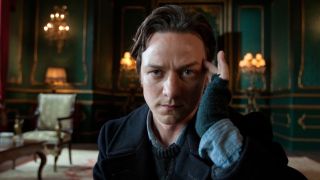
Rumour had it that Mr Sinister himself was meant to make an appearance in a post-credit scene for the film, and it was recently confirmed by the director. “Before we knew about the merger, we always planned out our post-credit scene introducing Mister Sinister,” Boone told Den of Geek. “At the time, I think the studio had maybe had a conversation with Jon Hamm, or something like that, so during the production of the movie, they were like, ‘Oh, [he] can’t be Mr. Sinister anymore.’ I can’t even remember the legality or the reason.”
There’s no post-credit scene at the end of The New Mutants so the last we see of the five newbies is them going off int the world together on their own. And knowing that Marvel Studios is planning on rebooting the X-Men franchise, it looks like we’re saying goodbye to this iteration of new mutants for good. However, with a third Deadpool movie in the pipeline, it may not be the last we hear of the Essex Corporation or its sinister founder.
Hanna Flint is a freelance film and TV critic who has bylines at 12DOVE, Total Film magazine, Variety, BBC Culture, The Guardian, British GQ, IGN, Yahoo Movies, and so many other publications. Hanna has also appeared as a critic and commentator on Sky News, Sky Cinema, BBC World Service, and BBC Radio 5 Live, and can be frequently found as a Q&A host at MTV UK, BFI, and BAFTA. When Hanna isn't writing reviews, interviews, and long-form features about the latest film and TV releases, she specializes in topics concerning representation and diversity.
Most Popular





